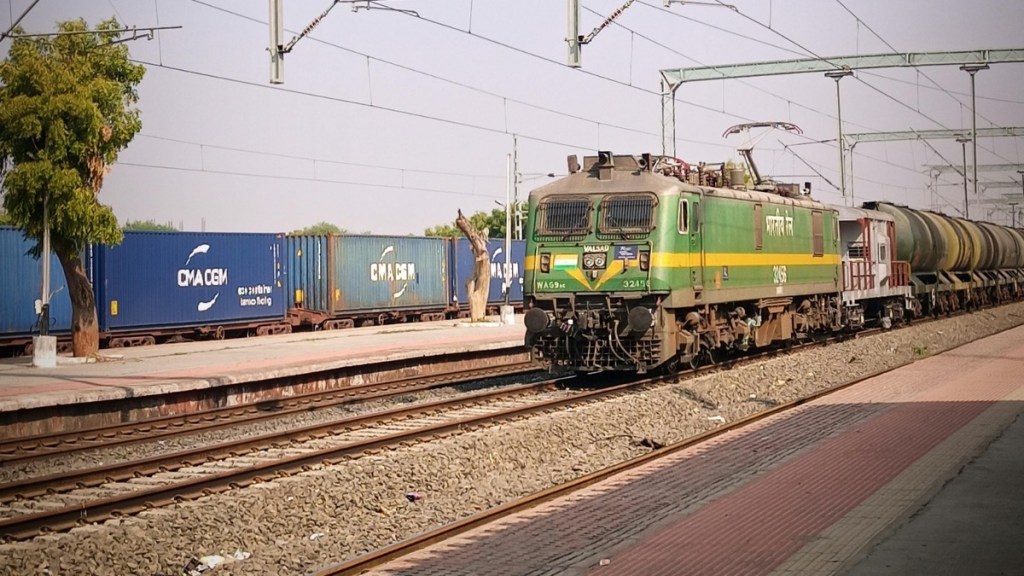By Arun Kumar Das
Amid the ongoing strife in Bangladesh, goods transportation is continuing with more than 900 wagons carrying various goods including rice, potatoes, automobiles and fly ash among others to India’s eastern neighbour country this month. The passenger service to Bangladesh has been suspended after serious violence broke out in August last year.
According to Railways data, 22 freight rakes were transported to Benapole, Darshana, Rohanpur, Birol and Chilahati railway stations in Bangladesh until 23 January this year. One rake consists of 42 wagons. Besides this, transportation of stone, deoiled cake, tractors and finished goods in containers are also being sent to Dhaka from Kolkata and New Jalpaiguri regularly.
The much sought-after passenger service to Bangladesh was suspended after severe violence broke out in that country. In August 2024, the movement of goods was also disrupted and only 17 rakes could be sent as against 52 rakes in 2023 to Bangladesh.
The goods movement marginally increased to 34 rakes in September 2024 as compared to 60 rakes in 2023. Bangladesh received 32 rakes of goods in December 2024 as against 35 in 2023. In November 2024, the number of goods rakes was 21 as against 44 in November 2023.
Also read: Indian Bullet train, not Japanese, to run first on Mumbai-Ahmedabad high-speed rail corridor
A review meeting was held between the Bangladesh delegation and Indian authorities where no decision was taken on restoring the passenger service. Though Bangladesh authorities are seeking restoration of passenger service now, it would not be possible unless the law and order situation improves in that country, officials who had participated in the two-day meeting said.
There were a total of 589 rakes carrying various goods transported to Bangladesh during the April 2023 – March 2024 period, while 289 rakes were sent across the eastern border until January 23 this year.
(The author Arun Kumar Das is a PIB-accredited freelance journalist covering infrastructure including railways for more than 3 decades. Views expressed are not necessarily those of financialexpress.com.)

